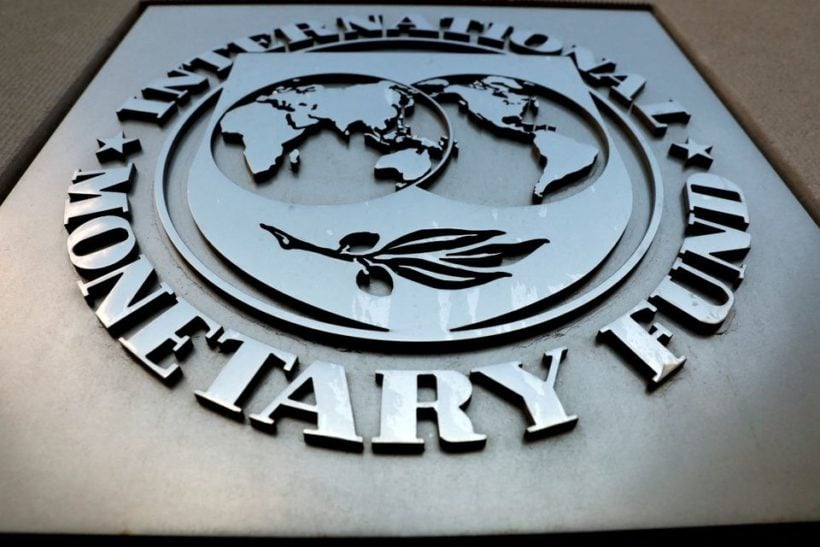
LUSAKA, Feb 1 (Reuters) – Zambia expects an International Monetary Fund (IMF) debt health check to be finalised this month, to strike a restructuring deal with creditors by April and get a formal agreement with the fund signed off in May, its finance minister said.
“I have to be optimistic, because in the absence of optimism where can Zambia go?” Situmbeko Musokotwane told Reuters in an interview on Tuesday. “We are a serious group determined to make sure that this issue of debt that’s been dogging us for years and years, we are determined to put this behind us.”
In 2020, Zambia became the first pandemic-era sovereign default and it is buckling under a debt burden of more than 120% of gross domestic product (GDP). It reached a staff level deal on a $1.4 billion three-year extended credit facility with the IMF in December and now wants to nail down a formal agreement.
Sketching an ambitious timeline for the restructuring the debt of Africa’s biggest copper producer, Musokotwane said he expected the IMF’s debt sustainability analysis, which forms the basis of the restructuring plans, by the end of February.
Having to renegotiate its debt with a multitude of official and private sector creditors, Musokotwane said he hoped to reach an understanding with them in March or maybe April, which would in turn would pave the way for a formal IMF agreement.
“We’re hoping that we can do this by May of this year,” he told Reuters.
Analysts say the timeline is ambitious as the group of Paris Club creditors and China have yet to form a creditor committee.
China, which has lent heavily to African resource exporters in recent decades, will play a key role in the debt overhaul. Zambia owes more than $6 billion, or 40% of its total publicly guaranteed and non-guaranteed external debt, to Chinese lenders.
“We have reached out to the Chinese authorities asking them to be part of this process. In principle they have agreed, on the specifics those are details to be worked out,” Musokotwane said. “In the end, I feel very confident that the Chinese authorities and the Chinese institutions that lent us money will play along to get us out of the problems.”
‘CARRY SOCIETY ALONG’
Musokotwane announced in December that Zambia had agreed with the IMF to remove unsustainable subsidies on energy and agriculture as part of its reform programme.
“The petroleum sector was in a sense not making sense anymore,” he said, adding that the cost of fuel subsidies alone used to amount to $800 million a year.
Savings from the ending of subsidies would shift to social spending, including education, something also advocated by the IMF, but no timeline has been set for phasing out support.
“You must not be too fast. You must carry society along with you, because these are shocks that we are introducing to society before they actually see the benefits of what we are doing,” Musokotwane said.
High global copper prices, meanwhile, should help attract the investment needed to allow Zambia to boost its annual production to about 3 million tonnes over the coming decade from an estimated 800,000 tonnes in 2021.
First, however, the government must find an investor to take a minority stake in Mopani Copper Mines and fund a planned expansion, Musokotwane said.
State-owned mining investment firm ZCCM-IH bought Mopani from Glencore a year ago.
The government is also seeking to end a dispute over Konkola Copper Mines (KCM).
Zambia’s previous government handed control of KCM to a provisional liquidator in May 2019, triggering a legal battle with India’s Vedanta Resources, KCM’s parent.
“There is a lot that is going on behind the scenes. I cannot go into details of those, because the negotiations are very delicate. But I can assure you that it is happening.”
(Reporting by Chris Mfula in Lusaka, Karin Strohecker in London and Joe Bavier in Johannesburgh; Additional reporting by Rachel Savage in London; Editing by David Clarke)